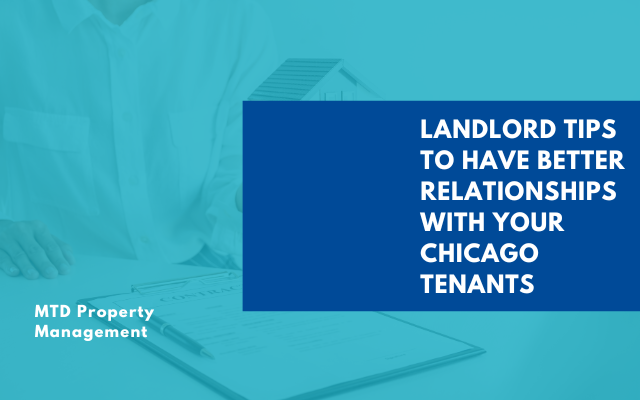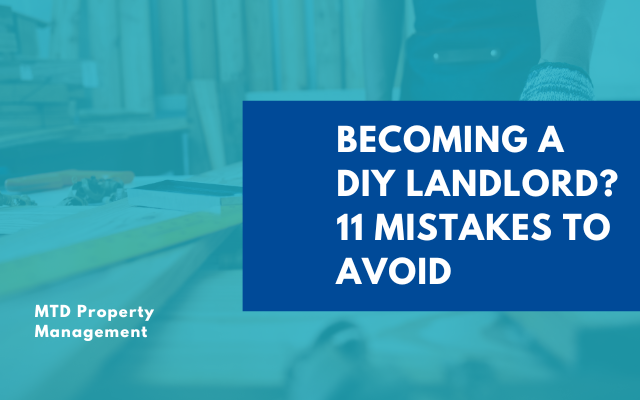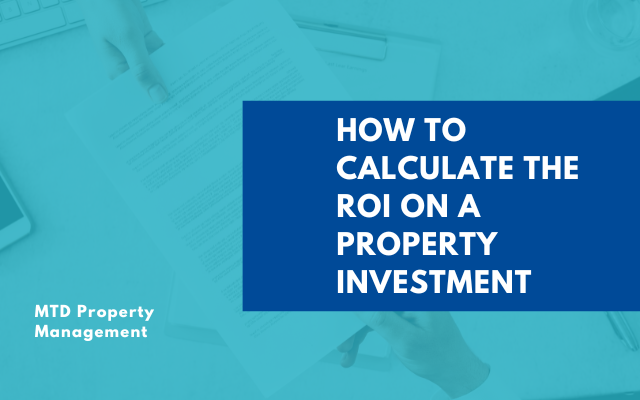
Are you struggling to maintain harmonious relationships with your Chicago residents while juggling the demands of property management?
For landlords, creating a positive dynamic with residents is essential to ensuring smooth operations, minimizing turnover, and protecting your investment.
Yet, this isn’t always as simple as handing over the keys and collecting rent. Chicago’s diverse housing market comes with its unique challenges, from managing expectations to addressing issues promptly, and
regular property inspections play a key role in staying ahead of potential problems.
Fostering mutual trust and respect can make a world of difference. In this article, we’ll explore nine practical tips to help you strengthen your relationships with residents, reduce conflicts, and enhance your overall landlord experience. Keep reading to learn more!
Understand the Local Rental Market
As a landlord in Chicago, it’s important to understand the local rental market, as each neighborhood has its own rental prices, amenities, and tenant needs. Knowing what’s popular in the area will help you set competitive rates and attract quality tenants.
Being informed about market trends, including shifts in demand or economic changes, helps you adjust lease terms, maintenance schedules, and rent prices accordingly. This allows you to stay ahead of the curve.
By staying updated on local market conditions, you can make decisions that keep your property in demand and set you apart from other landlords in the city.

Set Clear Expectations from the Start
Setting clear expectations from the start can help prevent conflicts. Make sure both you and your resident understand the rules, rent payment schedule, maintenance procedures, and other policies when you sign the lease agreement.
Having these things written down in the agreement gives both of you a reference if any issues come up later.
This way, everyone knows what’s expected, helping to keep things smooth. And if disagreements do arise, you can refer back to the lease to resolve them.
Prompt and Effective Communication
Good communication is key to keeping a strong relationship with your residents. Whether they have questions about rent or issues with the apartment, being easy to reach and quick to respond shows you care. If you can’t reply immediately, let them know when they can expect a response.
It’s also important to keep your messages clear and to the point, whether it’s by email, phone, or text. Keeping communication open and approachable makes it easier to resolve issues before they become bigger problems.
Respect Your Resident’s Privacy
Respecting your residents’ privacy is key to building trust and is also required by law. As a landlord, always give at least 24 hours’ notice before entering the rental unit, and make sure to mention why you’re visiting. This shows you respect their space.

It’s important to avoid scheduling too many visits or showing up without notice. By respecting their privacy, you show that you value their personal space, which helps create a positive and professional relationship.
Be Responsive to Maintenance Requests
Residents want to feel safe and comfortable in their homes. When something needs fixing, it’s important to respond quickly to avoid frustration. Always acknowledge maintenance requests promptly and let your residents know when the issue will be resolved.
If repairs will take some time, keep them updated on the progress. By staying on top of maintenance and caring for the property, you show that you prioritize your residents' well-being, which strengthens your relationship with them.
Be Fair and Transparent with Rent Increases
Rent increases are a part of the rental process, but they should be handled with care. If you plan to raise the rent, it’s important to do so in a fair and transparent manner.
Always give your residents plenty of notice, as required by law, and explain the reason for the increase.
This could include rising property taxes, increased maintenance costs, or improvements to the property. Being upfront about why you’re raising rent and how much notice you’re providing helps to avoid resentment.

Create a Welcoming Environment
First impressions matter, and the environment you create when you welcome new tenants can significantly impact your residents' satisfaction.
Take time to ensure your property feels welcoming and comfortable. Small improvements like clean common areas, fresh paint, or well-maintained landscaping can make a big difference.
You can also consider adding thoughtful touches, like providing clear instructions for using appliances or offering a move-in package with essential information about the neighborhood, nearby services, and local amenities.
When residents feel welcomed and valued, they are more likely to respect the property and communicate with you openly about
property maintenance for example, leading to a better overall experience.
Show Appreciation and Build Trust
Building trust and showing appreciation to your residents is essential for maintaining a positive relationship. When they feel valued, they are more likely to care for the property and communicate openly with you.
This positive dynamic can also contribute to the appreciation in real estate, as long-term, well-cared-for tenants help sustain and enhance the property's value.
Simple gestures like a thank-you note after a resident renews their lease, or remembering to wish them a happy birthday, can make them feel valued. If a resident has been particularly helpful or has taken great care of the property, don’t hesitate to recognize their efforts.
Building trust through small, thoughtful actions helps establish a friendly rapport, making it easier for both you and your residents to communicate openly and respectfully. When residents feel appreciated, they are more likely to treat your property with care and remain long-term tenants.
Bottom Line
Building strong, lasting relationships with your Chicago residents is key to successful property management.
MTD Property Management understands the challenges landlords face and offers expert guidance to ensure smooth communication, fair policies, and efficient property upkeep.
Whether you're looking for help with tenant relations or need assistance managing maintenance, reaching out to MTD Property Management is the first step in creating a positive rental experience. Contact us today to discuss what options will be best for you.









